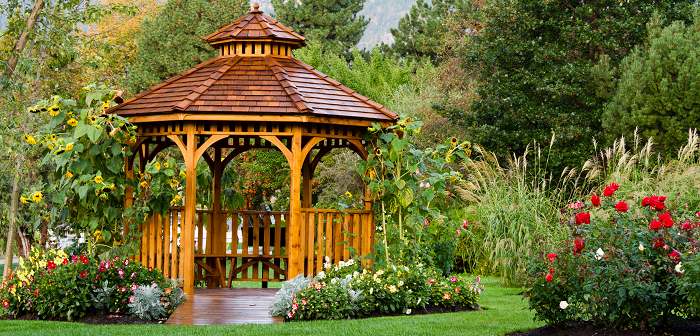Eco-friendly outdoor spaces are not just about aesthetics; they also promote harmony with nature. By incorporating native plants, efficient irrigation methods, and organic gardening practices, homeowners and businesses can create beautiful landscapes while minimizing environmental impact. Sustainable design enhances curb appeal and promotes biodiversity and long-term resource conservation, contributing to a healthier planet.
Sustainable landscaping is rapidly shifting from a trend to a necessity as individuals and communities strive to lower their carbon footprints and create environmentally friendly spaces. By adopting eco-friendly practices, gardeners contribute to the planet’s well-being and enjoy bountiful, thriving gardens with less maintenance. This shift towards sustainability can be seen in various practices, including those implemented in landscaping Saratoga Springs.
Understanding Sustainable Landscaping
Sustainable landscaping aims to lessen human environmental effects while protecting local animals and natural resources. It entails fostering a healthy interaction between the garden and the natural world, giving native species food and habitat, and addressing problems like climate change and habitat loss. Native plants adapt to local climates and soil conditions, requiring less water, pesticides, and fertilizer. In contrast, drought-tolerant plants like cacti, agave, and ornamental grasses thrive in arid conditions, conserving water.
Water Conservation Practices
Effective water management is essential to sustainable landscaping. Drip irrigation systems, which supply water straight to plant roots, decrease water waste. Rainwater harvesting techniques like rain barrels capture natural rainwater for irrigation, reducing dependence on municipal water supplies and lowering water bills. This eco-friendly approach makes gardens more cost-effective and environmentally friendly.
Soil Health and Composting
Healthy soil is crucial for plant health and growth in gardens. Composting converts organic waste into nutrient-rich matter, enriching soil and providing essential nutrients. This process minimizes household waste and eliminates synthetic fertilizers, reducing chemical runoff into waterways. A vibrant compost pile with earthworms and microorganisms creates a living garden ecosystem, nourishing plants and attracting beneficial insects.
Eco-Friendly Lawn Care
Pursuing a green lawn can be costly due to high water usage and chemical treatments. However, choosing alternatives like clover, which is drought-resistant and requires less mowing, can maintain a lush green space without the same level of upkeep. Organic fertilizers improve soil health and reduce risks. Clever mowing techniques, such as keeping the lawn higher during summer, can also help retain moisture and reduce evaporation, leading to a healthier lawn.
Wildlife-Friendly Gardens
Embracing wildlife in your yard may enhance local biodiversity. Many plant species will continue to proliferate if blooms are planted that draw pollinators like bees and butterflies. In a similar vein, birds and small animals can use protected spaces created by natural shrubs as nesting places. Fostering a diverse ecosystem allows your garden to become a lively, dynamic environment where flora and fauna coexist. These efforts benefit wildlife and enhance your garden’s beauty and personal enjoyment.
The Role of Technology in Sustainable Landscaping
Modern technology offers various tools to help optimize your garden’s sustainability. Smart irrigation systems that adjust watering based on weather patterns can significantly reduce water waste and ensure optimal plant health. Innovations such as smart gardening technologies and apps provide gardeners with data on the best care practices, easing the path towards eco-friendly gardening. Sensors that monitor soil moisture and light levels can assist in making maintenance decisions, thereby promoting a thriving and resource-efficient garden.
The Future of Landscaping: Trends and Innovations
The future of landscaping is bright with innovations and creative solutions designed to meet environmental challenges. Community gardens and green roofs are burgeoning trends transforming urban landscapes into productive, ecological hubs. These spaces provide access to fresh produce, foster community spirit, and combat urban heat islands. Technological advancements, from autonomous lawn care gadgets to sustainable hydroponic systems, signal a shift towards more efficient and profitable landscape management practices. As these trends evolve, they promise to reshape the gardening concept, making it more inclusive, sustainable, and essential in an eco-conscious world.




